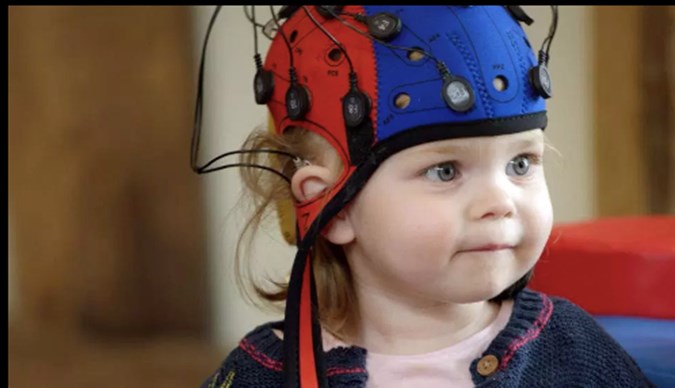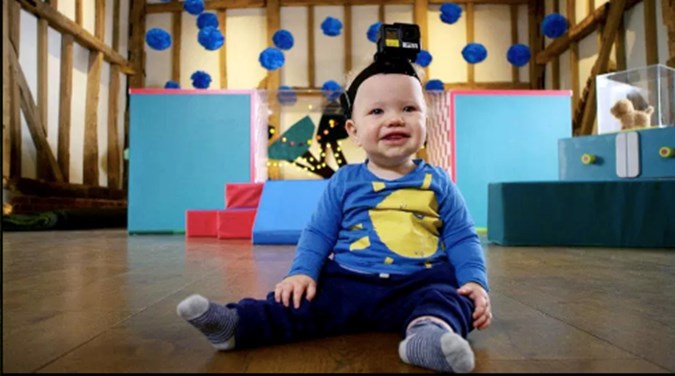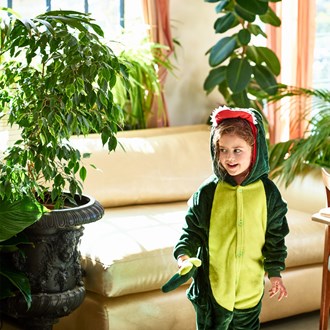GROUNDBREAKING NEW STUDY: How to STOP your toddler having a temper tantrum in SECONDS

Nearly 2,500 babies had their brain activity measured while they were having meltdowns
By Frances Sheen
Practical Parenting team Editor / May 14 2019
Scientists claim they have found the secret to tackling even the worst toddler tantrum, in a groundbreaking new study.
About 2,500 babies were tested while they wore scientific head gear monitoring their brain activity.

BBC
The findings of the study are part of a UK TV show called Babies: Their Wonderful World and paediatrician Dr Guddi Singh, who presents the show says that the findings were "remarkable."
In one scenario Blake, 18 months, is given a Perpsex drawer full of chocolates that are just out of reach and this causes the toddler to have a huge meltdown. Her mother tries to calm her but hugs just do not work.
Then a toy dog is introduced to distract the babe and Blake’s heart rate drops and calm is restored.
The trick - to distract the toddler with a toy rather than hug them - could prove invaluable to parents in the throes of experiencing children with the 'terrible twos'.
Put simply, it's distract your child NOT comfort your child.

BBC
In another scenario on the show, one-week-old Arthur is the youngest baby in the UK to be fitted with the sensor hat. Scientists tested whether Arthur was able to recognise human faces.
It has always been thought that such young newborn babies have no idea who their carers are and cannot see their faces at this age.
Images are held up to his face on an iPad. When he’s shown images of toys, the waves change a little on the screen watched by Dr Singh.
When a human face is put in front of him, that part of his brain (the posterior superior temporal sulcus) goes into overdrive.
She said: "It suggests babies come into this world primed to respond to faces. We didn’t know this before, because the technology didn’t exist five years ago."
She added, "This series is the biggest ever attempted on the subject.
"The scale is huge. By studying them with all the technology now available, we learn an astonishing amount."
Related tags
tantrums /













